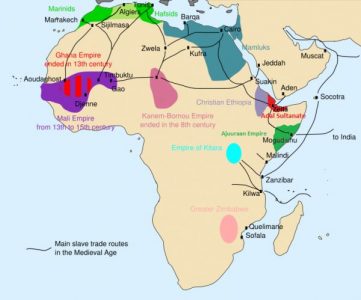
Don't Forget to Share!
DID YOU KNOW WHAT HOMO NOVUS MEANS?
Roman leadership (administrative authority) during the years of the Early Republic was restricted to the Patrician class (aristocracy) and certainly at no time in the Roman Empire do we ever see a complete eradication of the caste system, although at times advancements were indeed made. The years of 494 to 287 BC brought a great civil struggle between the Patrician class and the Plebians (commoners) which did eventually result in the granting of rights of Plebians to run for public office.
Of course, running for office and achieving office were two entirely different things and it was a rare event for a commoner to break in to the world of Roman politics. It was not until the passage of Lex Gabinia in 139 BC that secret ballots allowed Roman citizens to vote their conscience instead of being required to vote for the candidate of their patron’s choice. Still, even in the wake of this new legislation only the rare plebian was able to climb his way to the top echelon of government power – the Consul, which gave a man automatic entry into the Senate.
Such men who achieved this were called novus homo – ‘new men’ – the first in their families to achieve Senatorial status. There were two types of novus homo – the first came from well-connected equestrian (or greater) families and the second came from families on the outside – the aforementioned plebians. Here’s the catch, they were Senators (called ‘small senators’) but they weren’t in the ‘in crowd’ – the caste system that made it so hard for them to achieve success still held them back. They had the elected position, they had the recognition, they had the authority – but they were still treated like second class citizens for a few generations.
Oops, this is members-only content
This page requires at least a Basic level membership to access the teaching.
Audio
Oops, you don't have access to this content
Resources
The following is a list of recommended resources for this teaching:
- No resources
Categories
2 thoughts on “Did you know? What does Homo Novus means?”
Leave a Comment
You must be logged in to post a comment.







So, what was the purpose of Yeshua sending out messengers, and bringing gentiles into Common Wealth of Israel; when He supposedly knew Jerusalem destroyed in 70 AD?
to be an example of the righteousness of Yah and live according to the Torah.